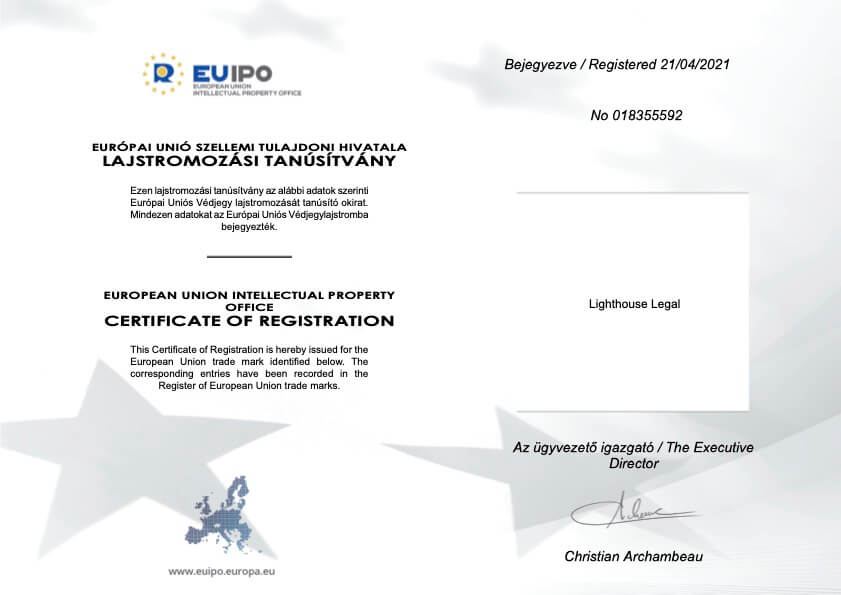
The plaintiff, as employer, requested the court to declare our client's employment contract null and void, claiming it was a sham.
In an otherwise common situation, the plaintiff company concluded the employment contract with our client (i.e. the defendant).
At the time of the conclusion of the contract, our client's spouse acted on behalf of the plaintiff company as the managing director and co-owner of the company and was entitled to exercise the employer's power.
Later the relationship between the members of the plaintiff company broke down, and the employee's husband ceased to be a managing director and member. Otherwise, by then, the employment contract had been terminated by mutual agreement between the parties.
The new management of the plaintiff company then asked our client to pay compensation for the alleged sham nature of the employment contract and to reimburse the salary.
Allegedly neither party had any intention of doing any actual work when the contract was concluded. The plaintiff also stated in its claim that no actual work was performed after the employment contract had been concluded.
The court of first instance upheld the plaintiff's claim, stating, inter alia, that the position of the assistant manager did not follow from the defendant's qualifications and previous work experience, that there was no 'precedence' for that position in the plaintiff company, that it was therefore not necessary to create that position in the company and, in the court's view, the amount of work carried out did not reach the level that could be regarded as genuine work.
The court of second instance accepted our position and changed the decision of the first instance, dismissing the statement of claim. The court of second instance did not examine the issues relating to the content of the employment relationship as they could not form the basis of a ground for invalidity. The plaintiff failed to prove the parties' motivation that their intention at the time of establishing employment was not work-related. The fact that the defendant did not appear at the place of work, did not carry out any meaningful work and did not have the expertise or experience for the activity in question cannot be assessed in the context of nullity. The low intensity of the employment does not suggest that the defendant did not intend to work actually at the time of signing the employment contract.
Since the employee and the person lawfully representing the employer consistently stated that they had the actual intention of establishing an employment relationship and that there were no restrictions on the employee's availability during the employment relationship, it could not be established that the contract between the parties was invalid.

